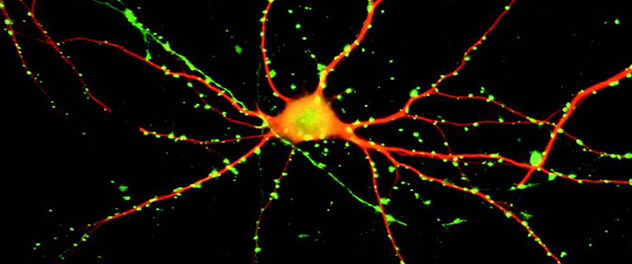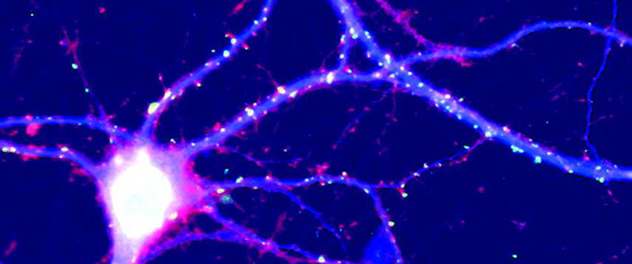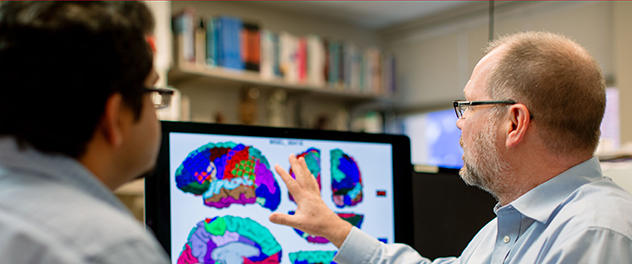-

Advancing epilepsy research
The Bioelectronics Neurophysiology and Engineering Lab uses electrophysiological analysis to improve diagnosis and treatments of epilepsy and seizure disorders. Research from Dr. Worrell's lab integrates scientific discovery, engineering and clinical trials to advance development of next-generation therapy platforms to identify the probability of seizure occurrence and deliver the right therapy at the right time.
-

Advancing epilepsy research
The Bioelectronics Neurophysiology and Engineering Lab uses electrophysiological analysis to improve diagnosis and treatments of epilepsy and seizure disorders. Research from Dr. Worrell's lab integrates scientific discovery, engineering and clinical trials to advance development of next-generation therapy platforms to identify the probability of seizure occurrence and deliver the right therapy at the right time.
-

Advancing epilepsy research
The Bioelectronics Neurophysiology and Engineering Lab uses electrophysiological analysis to improve diagnosis and treatments of epilepsy and seizure disorders. Research from Dr. Worrell's lab integrates scientific discovery, engineering and clinical trials to advance development of next-generation therapy platforms to identify the probability of seizure occurrence and deliver the right therapy at the right time.
-

Advancing epilepsy research
The Bioelectronics Neurophysiology and Engineering Lab uses electrophysiological analysis to improve diagnosis and treatments of epilepsy and seizure disorders. Research from Dr. Worrell's lab integrates scientific discovery, engineering and clinical trials to advance development of next-generation therapy platforms to identify the probability of seizure occurrence and deliver the right therapy at the right time.
Overview
Mayo Clinic's Bioelectronics Neurophysiology and Engineering Laboratory, led by Gregory A. Worrell, M.D., Ph.D., is a multidisciplinary discovery and translational research lab focused on exploring the human brain. The lab's primary goals are to:
- Gain understanding of the brain and neurological disease.
- Translate discoveries into new diagnostic tools and therapeutics for patients.
Dr. Worrell's lab is funded by a variety of sources, including the National Institute of Mental Health, National Institute on Aging; National Institute of Neurological Disorders and Stroke; National Cancer Institute; National Heart, Lung and Blood Institute; and other major funding organizations.
Research focus areas
Dr. Worrell and his team study epilepsy, seizure forecasting, movement disorders and memory. Large-scale electrophysiology recordings of brain activity are powerful tools for systems neurobiology to study the neural networks underlying healthy and pathological brain function.
To investigate neuronal networks, the lab uses:
- High spatial and temporal resolution.
- Remote sensing imaging systems.
- Single neuron recordings.
- Multimodality imaging.
- Chronic recording and seizure counting.
- Neural coprocessors and systems.
These networks include traditional ones involving memory and motor function and pathological conditions found in epilepsy and movement disorders.
Affiliations
Dr. Worrell's lab is affiliated with several Mayo Clinic research areas: